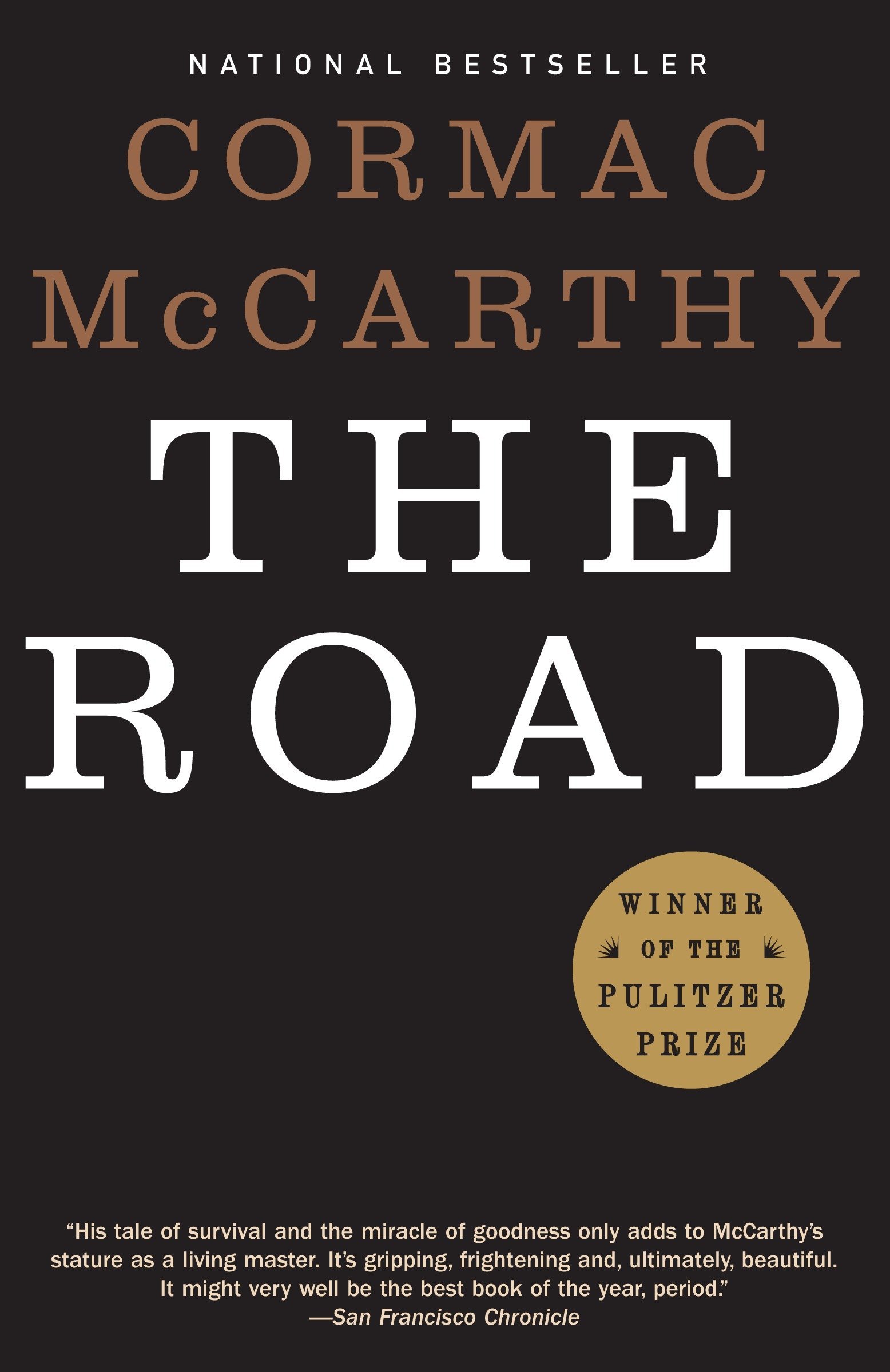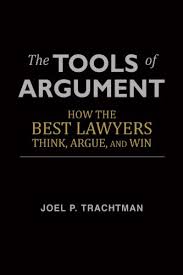
Other than Hemingway’s The Old Man and the Sea, this is the fastest I have ever gone through a book. I started on a Sunday and finished on Thursday while I was working full-time. There are really only two characters in this book, and neither is given a name. It is almost entirely about a man and his son in a post-apocalyptic world. Almost nothing has been left alive on earth. Everything is covered with a gray dust as the pair venture South in hopes of finding better conditions.
During their travels, they must take care to not be detected by other survivors. Many of those who survived have resorted to cannibalism for sustenance. As they travel, they scrounge for leftover food from a bygone world and rest in makeshift camps where they cannot be seen from the road that takes them South. They encounter scoundrels they must kill or flee from along the way. For most of the story, they trust no one. During their journey they both struggle to keep their hope of a better tomorrow alive. They refer to it as “the fire”. They eventually reach the ocean, which is also gray and devoid of life. Shortly afterward, the father begins to get ill. He eventually succumbs.
Shortly before the end, the father instructs his son to leave him and continue the journey. The son stays with him for some time after he passes and then is approached by a stranger. This stranger appears to be part of welcoming family, also with a young boy, that accepts him.


